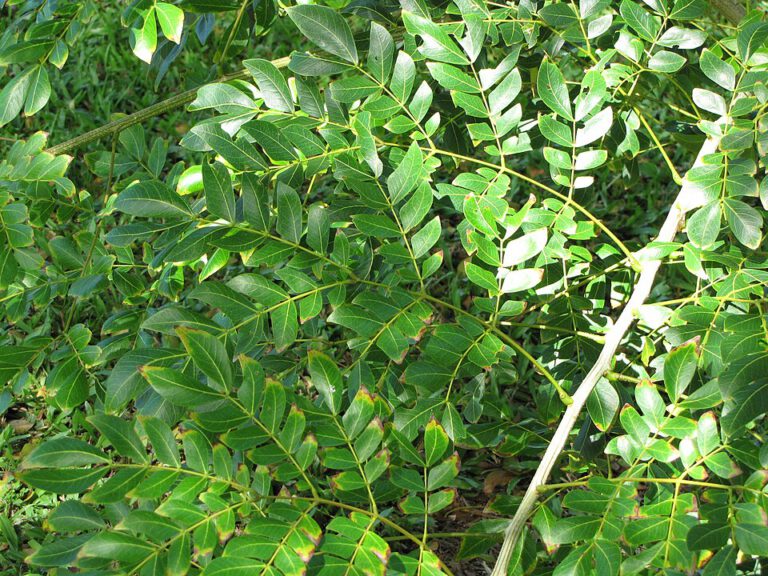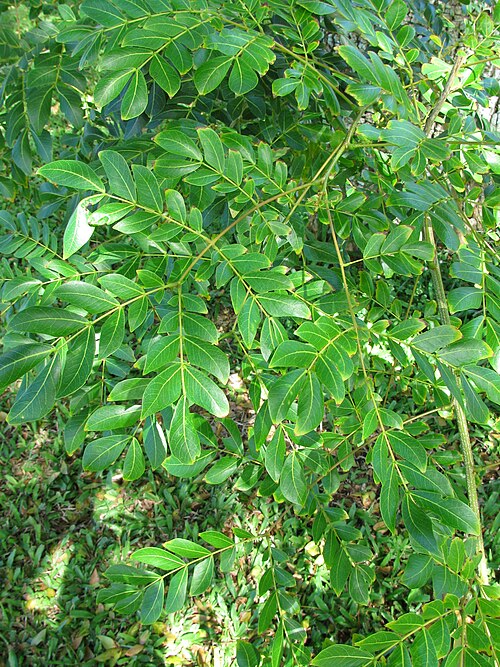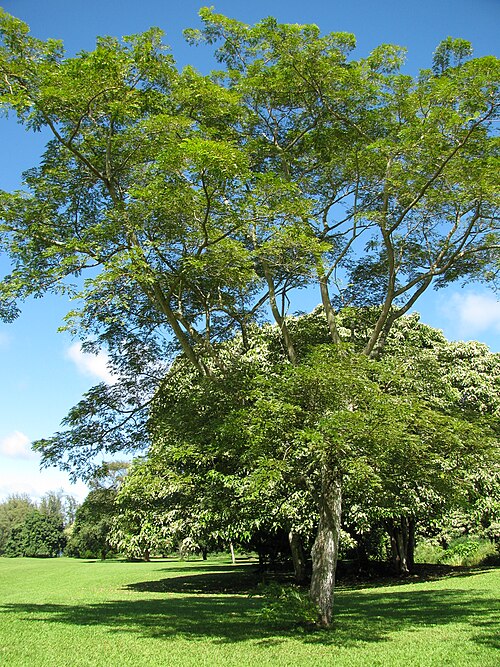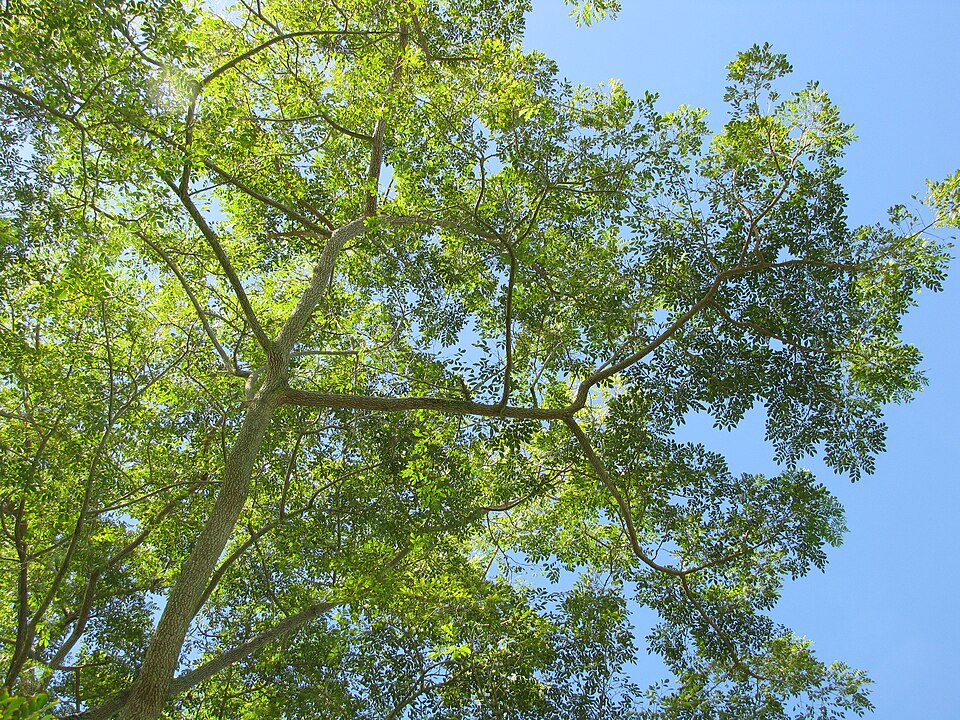Albizia: The Graceful African Shade Tree for Tropical Gardens
Meet Albizia zygia, commonly known simply as albizia – a stunning tropical tree that brings a touch of African elegance to warm-climate gardens. While this beauty isn’t native to North America, it has captured the hearts of gardeners in tropical and subtropical regions with its graceful form and enchanting blooms.
Where Does Albizia Call Home?
This magnificent tree is native to West and Central Africa, where it thrives in countries like Ghana, Nigeria, Cameroon, and the Democratic Republic of Congo. In its homeland, albizia plays an important role in forest ecosystems and local communities.
What Makes Albizia Special?
Imagine a tree that combines elegance with functionality – that’s albizia in a nutshell! This large tropical tree showcases delicate, feathery compound leaves that create a lovely dappled shade effect. But the real showstopper comes during flowering season, when the tree erupts in clusters of fluffy, fragrant white to cream-colored blooms that look almost like nature’s own powder puffs.
As a substantial shade tree, albizia can become quite impressive in size, making it perfect for those lucky enough to have spacious tropical gardens, parks, or large residential properties where it can spread its canopy without constraints.
Is Albizia Right for Your Garden?
Before falling head-over-heels for this African beauty, let’s talk practicality. Albizia is quite particular about its living conditions – it’s strictly a tropical to subtropical plant that thrives in USDA hardiness zones 10-12. If you’re gardening anywhere that sees frost or extended cool periods, this tree simply won’t survive outdoors.
However, if you’re blessed with a warm climate year-round, albizia could be a wonderful addition to your landscape. It works beautifully as:
- A specimen tree for dramatic focal points
- A shade provider for large outdoor spaces
- An addition to tropical-themed garden designs
- A pollinator magnet in butterfly and bee gardens
Growing Albizia Successfully
Think of albizia as that friend who has specific needs but rewards you handsomely when those needs are met. Here’s how to keep your tree happy:
Light Requirements: Albizia performs best in full sun to partial shade. Give it plenty of bright light, but some afternoon shade in extremely hot climates won’t hurt.
Soil Needs: Well-draining soil is absolutely crucial – this tree doesn’t appreciate soggy feet. A rich, organic soil that drains well will keep your albizia thriving.
Water Wisdom: Consistent moisture is key, especially during the growing season. Think moist but not waterlogged – like a well-wrung sponge.
Climate Considerations: High humidity and warm temperatures year-round are non-negotiable. If your area experiences strong winds, provide some protection, as albizia can be sensitive to harsh weather.
Wildlife and Pollinator Benefits
One of albizia’s most endearing qualities is its ability to attract pollinators. Those fluffy, fragrant flowers are like magnets for bees, butterflies, and other beneficial insects. If you’re trying to create a pollinator-friendly garden in a tropical climate, albizia can be a valuable contributor to your ecosystem.
A Word About Native Alternatives
While albizia is undeniably beautiful, it’s worth considering native alternatives that might provide similar benefits while supporting local ecosystems. Depending on your location, native trees like coral trees (Erythrina species), royal poinciana alternatives, or regional native shade trees might offer comparable beauty with better ecological integration.
The Bottom Line
Albizia zygia is a gorgeous choice for gardeners in tropical and subtropical climates who have the space and conditions this tree craves. Its stunning flowers, elegant foliage, and pollinator appeal make it a standout addition to the right garden. Just remember – this is a commitment to tropical gardening, so make sure you can provide the year-round warmth and care this African native requires.
If you’re in the right climate zone and have fallen for albizia’s charms, you’ll be rewarded with a magnificent tree that brings a piece of African forest beauty to your own backyard oasis.








